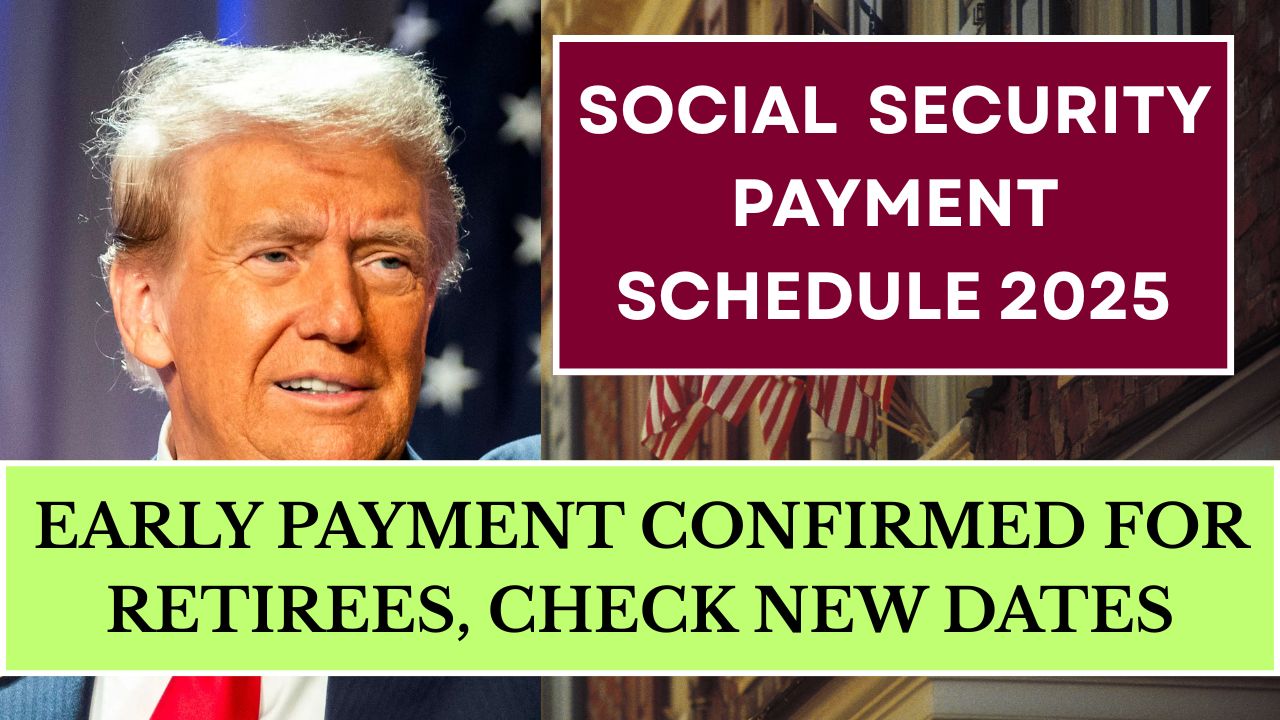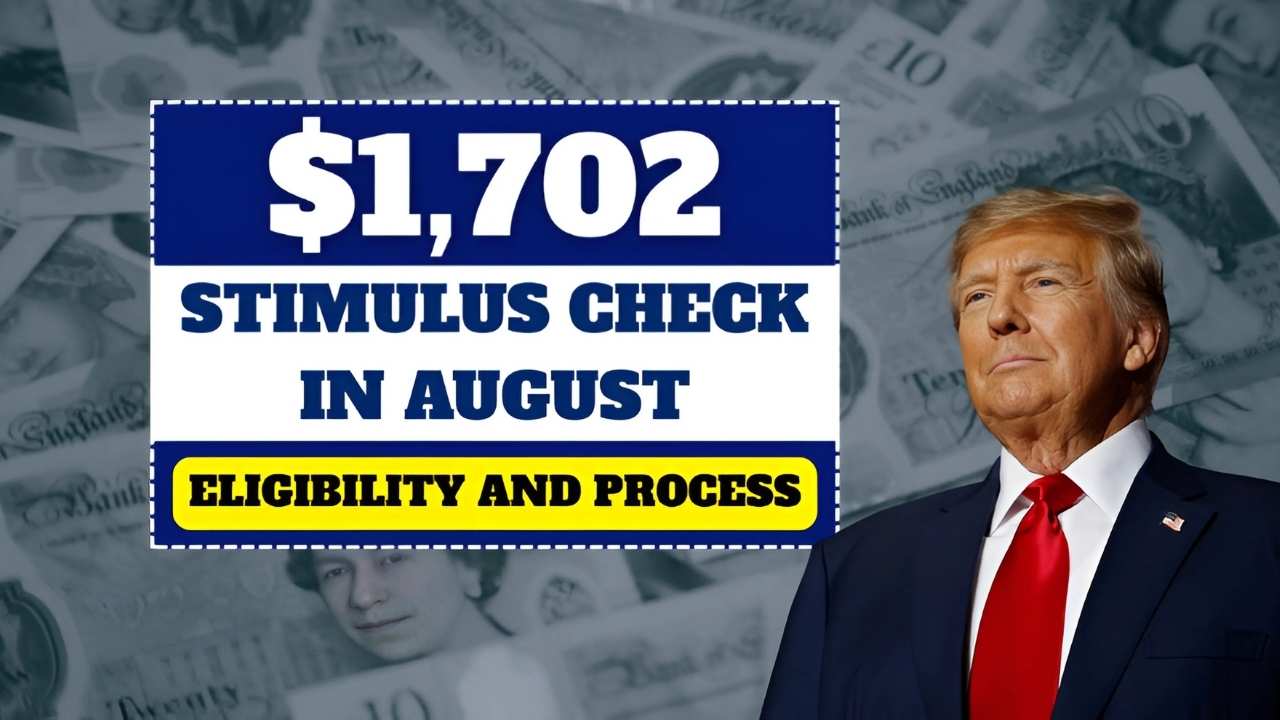Starting today, July 24, 2025, millions of Social Security recipients could see their monthly checks cut in half due to a new, aggressive overpayment recovery policy by the Social Security Administration (SSA). If you received an overpayment notice in April 2025, your benefits might drop by up to $950 a month—a devastating blow for seniors and others relying on these funds for rent, food, and medicine. Here’s everything you need to know about who’s affected, why this is happening, and how to protect your income before it’s too late.
What’s Happening?
The SSA is cracking down on overpayments made between 2015 and 2022, totaling $72 billion in improper payments, with $23 billion still uncollected as of September 2023. Starting July 24, 2025, the agency is withholding 50% of monthly benefits from recipients who were overpaid, a sharp increase from the previous 10% rate. This policy affects around 2 million Americans, including retirees, disability recipients, and survivors, who could see their payments slashed until the overpayment is repaid.
Who’s Affected?
You’re at risk if you received an overpayment notice from the SSA around April 25, 2025. These notices were sent to beneficiaries who received more money than they were entitled to due to:
- Administrative errors by the SSA, like miscalculating benefits.
- Failure to report changes in income, marital status, living situation, or disability status.
If you didn’t respond to the notice within the 90-day period (by July 24, 2025), the SSA automatically withholds 50% of your monthly benefit. For example, if you receive the average Social Security payment of $1,900, you could lose $950 a month until the overpayment is recovered.
Note: Supplemental Security Income (SSI) recipients are exempt, with overpayment recovery capped at 10%.
Why Is This Happening?
The SSA is under pressure to recover $23 billion in uncollected overpayments to ensure the program’s financial sustainability. Between 2015 and 2022, improper payments accounted for less than 1% of the $8.6 billion in total benefits paid, but the agency is legally required to reclaim these funds.
Initially, the SSA proposed withholding 100% of benefits, but public outcry and media reports of seniors losing homes led to a compromise at 50% in April 2025. Despite the reduction, experts warn that losing half a check could be “catastrophic” for low-income retirees. The SSA estimates this policy will recover $7 billion over the next decade, though this is only 0.2% of the program’s projected deficit.
How Much Could You Lose?
The impact depends on your monthly benefit. Here’s a breakdown:
- Average retiree ($1,900/month): Lose ~$950/month.
- Maximum benefit ($5,108/month): Lose up to ~$2,554/month.
- Low-income recipient ($1,000/month): Lose ~$500/month.
For many on fixed incomes, this reduction could mean struggling to cover essentials like housing, groceries, or medical costs.
What Can You Do?
If you received an overpayment notice, act immediately to avoid or reduce the 50% cut:
- Appeal the Overpayment:
- File Form SSA-561 (Request for Reconsideration) if you believe the overpayment amount is incorrect or you weren’t overpaid. Available at ssa.gov.
- Request a Lower Withholding Rate:
- Submit Form SSA-634 (Request for Change in Overpayment Recovery Rate) if the 50% cut is unaffordable. You can propose a lower rate, like 10%.
- Request a Waiver:
- File Form SSA-632-BK (Request for Waiver of Overpayment Recovery) if the overpayment wasn’t your fault (e.g., SSA error) and repaying would cause financial hardship. For overpayments of $2,000 or less, call 1-800-772-1213 to request a waiver.
- Repay Directly:
- Pay back the overpayment via credit card, online bill pay, or check to avoid benefit cuts. Visit ssa.gov for payment options.
You must act within 30 days of receiving the notice to pause withholding while your request is processed. If you missed the April notice, contact the SSA immediately at 1-800-772-1213 or visit a local office.
How to Check If You’re Affected
- Review Your Mail: Look for an overpayment notice sent around April 25, 2025.
- Log Into Your SSA Account: Check your payment history at ssa.gov/myaccount.
- Monitor Your Bank Account: If your July 24 payment is lower than expected, it may be due to withholding.
Long-Term Impact
While the SSA aims to recover $7 billion over 10 years, this addresses only a fraction of Social Security’s projected funding issues. Critics, including Shannon Benton of the Senior Citizens League, argue that the 50% withholding rate still places a heavy burden on vulnerable retirees, especially those unaware of overpayments due to SSA errors. The agency is also facing challenges from staff cuts and a backlog of applications, which could delay appeals and waivers.
Tips to Protect Your Income
- Act Fast: Don’t ignore overpayment notices. File appeals or waivers before July 24, 2025, to avoid automatic cuts.
- Seek Help: Contact a financial advisor, nonprofit legal aid, or your congressional representative’s Constituent Services staff for assistance with appeals.
- Check Regularly: Monitor your mySocialSecurity account for updates and notices.
- Budget for Cuts: If withholding applies, adjust your budget to account for reduced income, prioritizing essentials like rent and utilities.
FAQs
Why are payments being cut?
The SSA is recovering $23 billion in overpayments from 2015–2022 due to administrative errors or unreported changes in income, marital status, or living situation.
Who’s affected?
About 2 million beneficiaries who received overpayment notices in April 2025 and didn’t respond within 90 days.
Can I avoid the 50% cut?
Yes, by repaying the overpayment directly, requesting a lower withholding rate (Form SSA-634), or applying for a waiver (Form SSA-632-BK).
What if the overpayment wasn’t my fault?
You can request a waiver with Form SSA-632-BK if the error was the SSA’s and repaying causes hardship.
When will full payments resume?
Once the overpayment is repaid, your full benefit will be restored.
Don’t let your Social Security check shrink by $950 or more! If you received an overpayment notice, act now to appeal, request a waiver, or negotiate a lower repayment rate. Visit ssa.gov or call 1-800-772-1213 to protect your income today.




